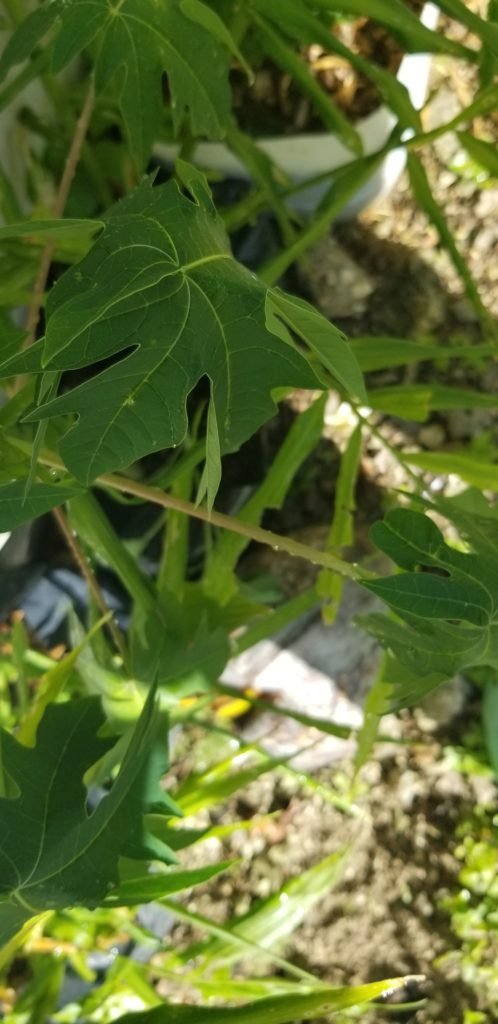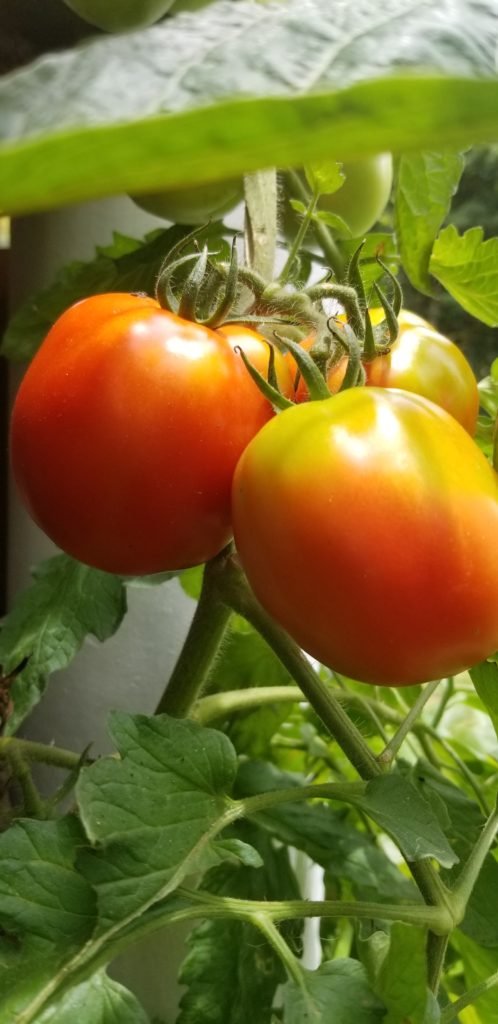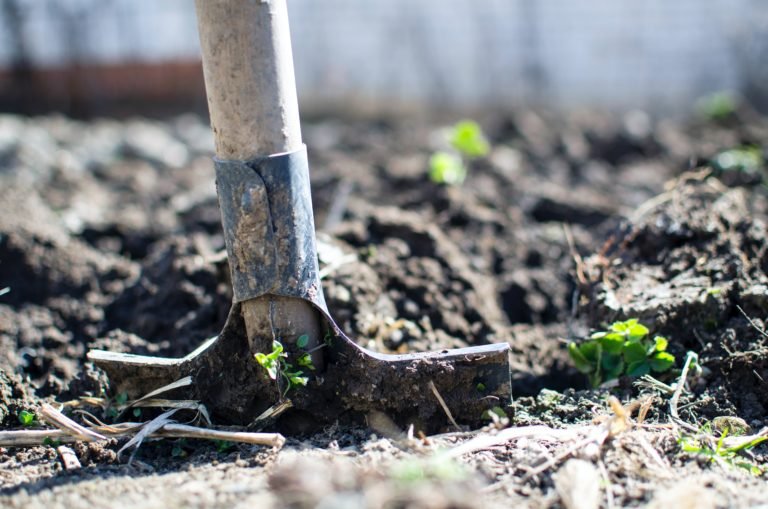One of the greatest rewards is to enjoy the fruits of your labor. This stands true for the meals that you prepare for yourself and your family. That feeling of accomplishment is like no other. So many people are ready to be a part of the “eat what you grow, grow what you eat” mantra. It may be that you want to be self-sufficient or you just want to eat healthier and save some money.
You may have thought about starting a backyard farm. That is a great idea! I am here to cheer you on! Not just that, I have a few tips for you to start your backyard farm. Let’s get right to it!
Start Small
As this is a new project, you will have limited or no experience. So take tiny steps as you venture in. You need to have control over your little farm; as such a small start helps. Quite a few people live in urban communities and land space may not be available, but you can still do your little farming in your back yard. There is no need to use up all your backyard space. Start with pots and board containers and dedicate a small part of the yard to farming and make a little raised bed there.

Consider what you want to start with.
This is very important! You want to start your farm with something that you and your family enjoy eating. Not some random plants that look pretty but you have no idea what it is, or how it tastes.
Plant a variety of food in small quantities.
Yes, planting more than one crop would be good. Three types of crops are a good start. If you don’t do so well on one, then you can catch up on another and you won’t lose all hope. Tomatoes, cucumbers, and corns, and callaloo are good starter crops.
Learn about farming in your area.
It is good to know how your location and weather affect the crops that you want to grow. Consulting with farmers in your area would be a great move, as they would have experiences to share with you. We know in Jamaica that St Elizabeth is hot, Manchester is cold, some parts of Trelawny are hot and some areas are cold. Certain areas have plenty of water, some don’t. So, getting advice on what will flourish and what will not, is only setting you up for success
.
Learn a little about bugs, pests, and soil supplements.
Learn and research natural/organic ways to rid your plants of pests and also how to supplement your soil if needs be. It is better to be prepared! Since you are doing your farming at home, you have more control and a little more time to spend with those beautiful plants.
Organic is the best way to go, however, it may take a little more work and time so if you have to use the chemical fertilizer and pesticides please limit the amount. Remember you are the one in control!








